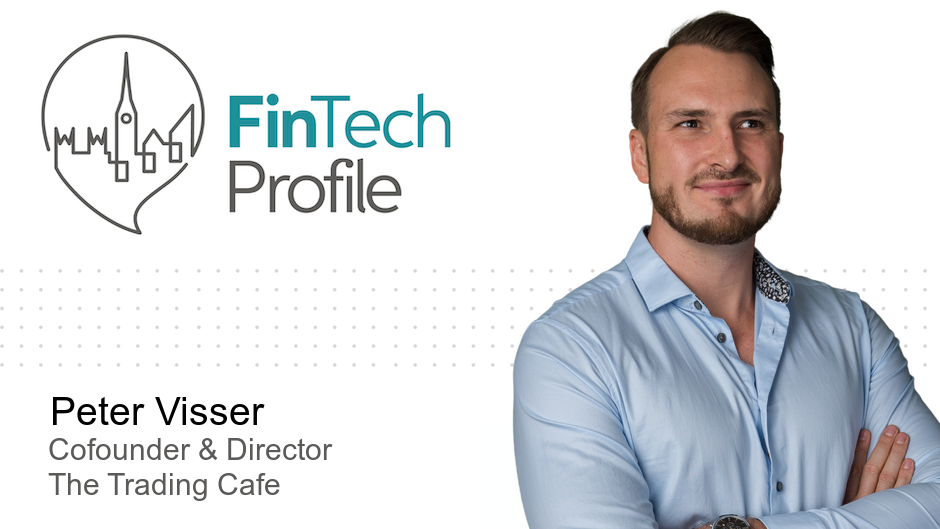Sakeeb Zaman of StrideUp

 Hello again!
Hello again!
Today we are back with the second interview in our FinTech Growth Forum series – this inaugural event, hosted by the Global Members Association Innovate Finance, will take place on September 19th in London in support of their members on their scaling journeys.
Today we speak to Sakeeb Zaman – co-founder of StrideUp who provide a new, more affordable way for people to buy their home based on gradually increasing ownership of the property instead of using a traditional mortgage.
Over to Sakeeb for his responses to our questions (in bold)
 Who are you and what’s your background?
Who are you and what’s your background?
Hi! I am Sakeeb Zaman – co-founder of StrideUp. We provide a new and more affordable way for people to buy their home based on equity-like financing rather than traditional mortgage debt. The motivation to start StrideUp came from seeing first-hand the difficulty caused by housing affordability challenges. Even people with decent savings and income were completely priced out of the market and stuck in sub-standard rented accommodation for much longer than they wanted. I realised that there needed to be a finance solution to this problem – the current system of home finance creates an artificial barrier to home ownership because the threshold to get a mortgage and buy a property is so high. What if there were a way that people could gradually work towards home ownership? They could start by buying e.g. 20% of their home and as they save money, they increase ownership. This is just describing equity-like finance – well established in many domains, but non-existent in home finance.
Before founding StrideUp I worked in banking. I worked on an interest rate structuring desk, so dealt with risk and financing solutions for large corporates and banks. Banking is a good place to start a career, but I knew pretty early on I didn’t want to stay for long. In 2014 I founded a data analytics startup, and in 2016 I started working on StrideUp. Before banking I was at university – I studied Physics and Philosophy at Oxford.
What is your job title and what are your general responsibilities?
I’m co-founder and CEO at StrideUp. In this role my day to day work includes recruiting, working on key partnerships, working with the team to set direction, investor relations and communicating our vision externally. However given the small team there’s still plenty of fluidity and depending on needs I can have hands-on involvement in a few areas.
Can you give us an overview of your business?
Currently for most people there’s only really one route to buying a home – save a lot of money, ensure you have a strong income, and buy using a mortgage. The problem for average earning people is that they don’t have the income or savings to do so. StrideUp’s solution lets people buy a portion of a property and gradually build up their ownership. They get the security and stability of homeownership without the large debt burden of a mortgage.
In the early days we did a lot of testing with first time home buyers about whether the proposition is appealing. Coming from a strong background in finance, we were confident on getting this to work from a legal structuring and capital perspective, but it’s impossible to predict how consumers will react to it without doing real world testing. So our first step was to exhibit at a first time buyer show and market the offering. That was the commitment moment for us – when we saw the level of frustration with the current situation, the response to our product and the ease with which people understood the benefits, we know we were onto something.
Tell us how you are funded.
VC funded.
Why did you start the company? To solve what problems?
The provision of affordable housing is one of the most pressing societal concerns of our time. There’s no easy solution, but broadening the availability of home finance offering definitely has a role to play.

Who are your target customers? What’s your revenue model?
Our target customers are first time buyers with decent savings and income, but not enough to buy a property with a traditional mortgage. To quote one of our recent customers:
“StrideUp is a unique solution that offered me freedom to select a property that suits me and allowing me to purchase shares of it as I could afford without committing to hefty debt. It meant that I’m not left on private rent while property prices are constantly increasing.”
As for our revenue, we work with select investors and partners to provide the capital we use in the transactions. We charge these partners a fee to deploy their capital.
If you had a magic wand, what one thing would you change in the banking and/or FinTech sector?
I think the financial players closest to consumers (banks, insurance companies, payment providers etc.) have committed to the idea that technology driven innovation is going to change everything and they need to get on the right side of this change. However those one step removed (institutional investors, capital markets etc.) may not fully appreciate the relevance to their business yet. I would be interested in seeing these players more aggressively embrace opportunities to work with businesses testing innovative models.
What phone are you carrying and why?
iPhone 7. I switched to iPhones from Blackberry quite a few years back. Given how well they just work and how easy it is to upgrade to the newest iPhone, there’s a lot of inertia to considering alternatives.
Where do you get your industry news from?
Financial Times, Techcrunch
Can you list 3 people you rate from the FinTech sector that we should be following on Twitter?
Alex Rampell, @arampell
Rob Moffat, @robmoff
Anna Irrera, @annairrera
Can you suggest the name of an Angel Investor or VC that might be interested in being profiled?
Ricardo Schaefer
What’s the best FinTech product or service you’ve seen recently?
Revolut have a very cool product. But what’s also caught my attention about them is their velocity of execution, so would expect big things to come.
Finally, let’s talk predictions. What trends do you think are going to define the next few years in the FinTech sector?
At the moment a lot of fintech is playing around the edges of banking and finance. For example, whilst challenger banks are clearly building experiences that customers love, in no way are they ‘disrupting’ banking, quite simply because they are not yet touching the core revenue generator in banking – using the balance sheet to extend credit. I believe the next few years will be an exciting time during which startups begin to encroach on the core banking revenue generators. For challenger banks this might mean unbundling financial services through a marketplace model; for alternative finance players it maybe means operating at a scale at which their capital sources are on par with bank levels. Exactly how it plays out remains to be seen, but I think we’ll see more startups focussing on these core banking opportunities.
—–
Our thanks to Sakeeb for this interview. To find out more about StrideUp visit their web site at https://www.strideup.co/ or reach out via Twitter @LetsStrideUp or to Sakeeb on LinkedIn here.
If you would like to receive email updates whenever we publish, sign up to our Newsletter. You can unsubscribe at any time and we will never use your email for anything else.
If you’ve any suggestions for hot FinTech companies (startup, or established ventures) that we should be profiling, or have an opinion piece to offer, or a FinTech related event you’d like to tell us about, have a look here for more details.




